Obesity
In 2013, the American Medical Association classified obesity as a disease in which excess body fat has accumulated to the extent that it may have a negative effect on health, leading to reduced life expectancy and/or increased health problems.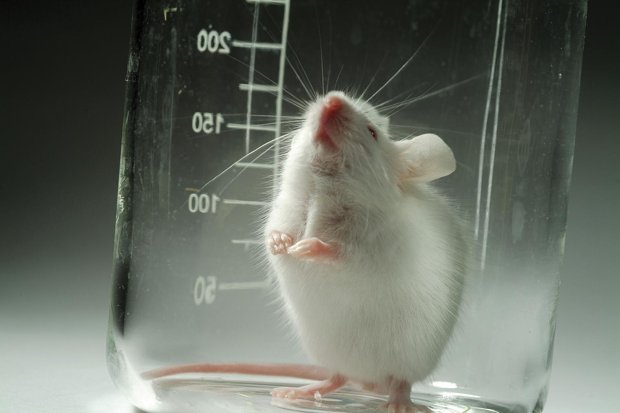
11/04/18 Exercise benefits to the brain 'may be passed on'
Physical and mental exercise has been found to be beneficial for our brains, but scientists have now found it could also improve the learning ability of our children. In a mouse study, researchers found the benefits gained from these activities were passed on to their offspring, despite not altering their DNA. Further research is needed to see if this replicates in humans.
https://www.bbc.com/news/health-43659340
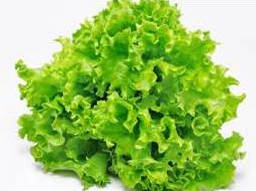
15/02/17 periodic fasting can reduce body fat, cut insulin levels
Previous studies in rodents and humans have suggested that periodic fasting can reduce body fat, cut insulin levels, and provide other benefits.
The so-called fasting-mimicking diet has also shown benefits. For most of the month, participants eat as much of whatever they want. Then for five consecutive days they stick to a menu that includes chips, energy bars, and soups, consuming about 700 to 1100 calories a day.
The food is high in unsaturated fats but low in carbohydrates and proteins. Two years ago, Longo’s team reported that mice on the rodent version of the diet lived longer and exhibited other positive effects, such as lowered blood sugar and fewer tumours.
Now, the researchers have completed a randomized clinical trial in which 71 people followed the fasting-mimicking diet for 3 months, while volunteers in the control group didn’t change their eating habits. Overall, the dieters lost an average of 2.6 kilograms (5.7 pounds), whereas the control group remained at the same weight (Reported in Science Translational Medicine). The calorie cutters also saw reductions in blood pressure, body fat, and waist size.
http://www.sciencemag.org/news/2017/02/five-day-fasting-diet-could-fight-disease-slow-aging
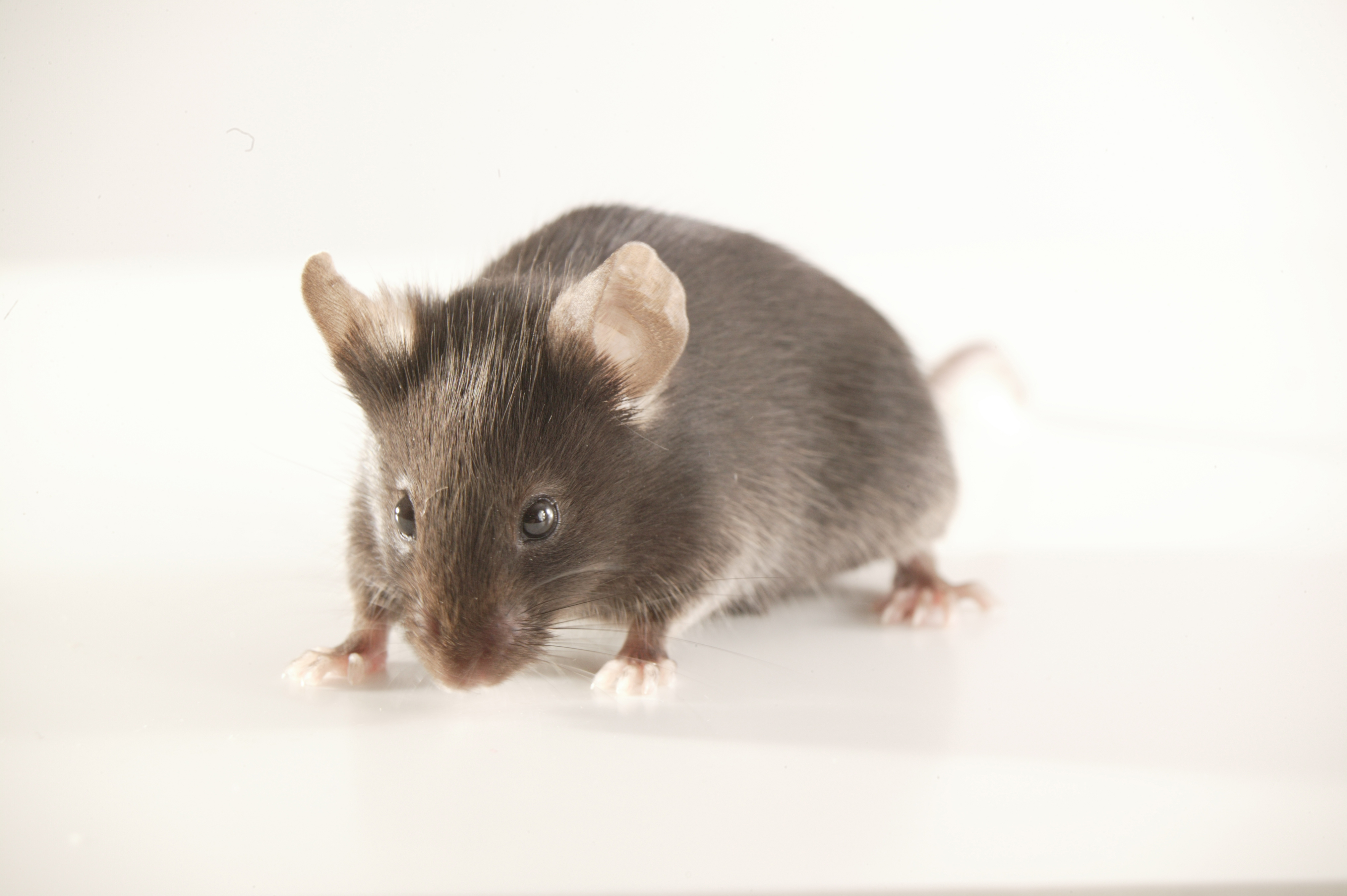
24/11/16 How diet drinks make you fat
Sometimes people who drink diet soft drinks put on more weight and develop chronic disorders like diabetes. This has puzzled nutritionists, but experiments in mice now suggest that in some cases, this could partly be down to the artificial sweetener aspartame.
Artificial sweeteners that contain no calories are synthetic alternatives to sugar that can taste up to 20,000 times sweeter. They are often used in products like low or zero-calorie drinks and sugar-free desserts, and are sometimes recommended for people who have type 2 diabetes.
But mouse experiments now suggest that when aspartame breaks down in the gut, it may disrupt processes that are vital for neutralising harmful toxins from the bacteria that live there. By interfering with a crucial enzyme, these toxins seem to build up, irritating the gut lining and causing the kinds of low-level inflammation that can ultimately cause chronic diseases.
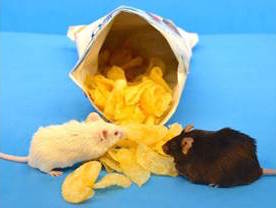
13/07/16 A study in mice suggests genes play a key role in determining whether you will become obese.
Scientists at North Carolina State University got different strains of mice, and tested them on four diets. One strain became obese on "Western food", but were fine on an Atkins diet, another strain found the complete opposite. They also found that some mice ate more, while others simply became fatter on a smaller amount.

05/05/16 How the immune system suppresses appetite
Loss of appetite during illness is a common and potentially debilitating phenomenon—in cancer patients, especially, it can even shorten lifespan.
Now scientists at The Scripps Research Institute (TSRI) have discovered how an immune system molecule hijacks a brain circuit and reduces appetite. Their research points to potential targets for treating loss of appetite and restoring a patient’s strength.
http://www.alnmag.com/news/2016/05/root-cause-appetite-loss-during-injury-found-using-mice

03/05/16 Fat Labradors give clues to obesity epidemic
Scientists at the University of Cambridge have discovered that the Labrador retriever, known as one of the greediest breeds of dog, is genetically hard-wired to overeat. Researchers screened more than 300 Labradors kept as pets or assistance dogs for known obesity genes. They found that a change in a gene known as POMC was strongly linked with weight, obesity and appetite. Canine obesity mirrors the human obesity epidemic, with lifestyle factors such as lack of exercise and high-calorie food both implicated - as well as genetics therefore using dogs as a model to study obesity could lead to a better understanding of the biology of the condition in humans.
http://www.bbc.co.uk/news/science-environment-36170267
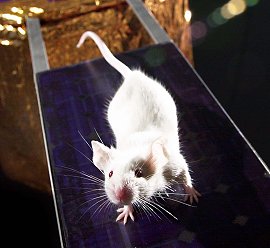
12/02/16 Mice with bear bacteria got fatter
The scientists transferred bacteria flora from bears in winter hibernation as well as bears in summer to lab mice that were cultivated to be germ-free. It turned out that the mice which were given the summer flora of bacteria gained weight more readily. They also appeared to be safeguarded against some of the negative effects of obesity.
http://sciencenordic.com/why-bears-can-be-obese-and-healthy

11/11/15 new vaccine successfully lowers cholesterol
A new vaccine has managed to significantly lower cholesterol levels in mice and macaque monkeys. The vaccine targets the PCSK9 protein, which make it harder for cholesterol to be flushed out of the body. People without this protein have reduced risk of heart disease.
02/10/15 Treatment keeps obese mice from having overweight babies
Children born to obese mothers are predisposed to obesity and other health problems themselves. Recent animal studies also suggest it works also the other way around - malnourishment in the womb changes the expression of DNA in ways that can be passed down for generations. What happens in the uterus to transmit these risks is still unclear but a new study in mice points to the placenta. The study shows a hormone acting on the placenta can protect the offspring of obese mice from being born overweight. A natural way of boosting this hormone is by eating fatty acids found in fish oil for example, or diet and exercise. This study offers important insight into foetal overgrowth.
http://news.sciencemag.org/biology/2015/09/treatment-keeps-obese-mice-having-overweight-babies

26/06/15 Mushrooms used in Chinese medicine for ‘health and longevity’ could ‘slow weight gain’
Mushrooms used in Chinese medicine for ‘health and longevity’ could ‘slow weight gain’ shows study in mice. The study suggests that Ganoderma lucidum slowed weight gain by altering bacteria in the gut and could be used in a treatment against obesity. Researchers say the mushroom extract "may be used as pre-biotics to reduce body weight gain, chronic inflammation and insulin resistance [type 2 diabetes] in obese individuals."
http://www.bbc.co.uk/news/health-33237991

25/06/15 wine could help you lose weight
Study in mice shows wine could help you lose weight. Resveratrol, found in grapes, berries and red wine could help turn your excess white fat into active ‘brown’ fat which reduces weight gain by burning up calories. Other polyphenol chemicals in fruit may have the same effect. Scientists gave mice amounts of resveratrol equivalent to humans consuming 12 ounces of fruit per day. They found that despite a high fat diet, the mice gained 40% less weight than animals not fed the compound.
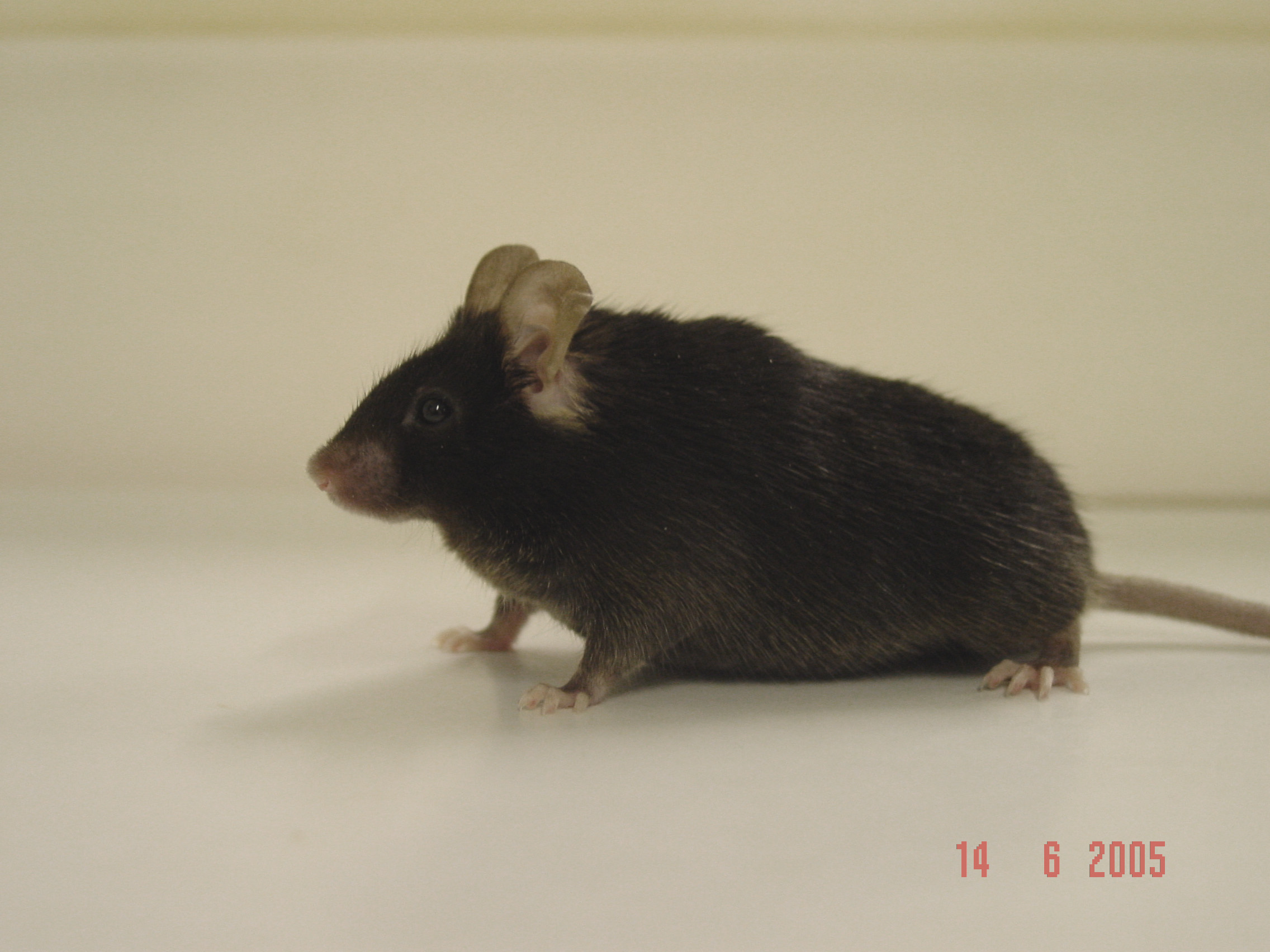
30/04/15 Researchers have identified a neural circuit that controls feelings of fullness in mice
Researchers have identified a neural circuit that controls feelings of fullness in mice. A group of neurons in the hypothalamus create a feeling of fullness that stops hungry mice from eating and creates a pleasurable feeling when they are activated. The circuit could provide targets for new weight-loss drugs.
http://www.the-scientist.com/?articles.view/articleNo/42828/title/Turning-Off-Hunger-Pangs/
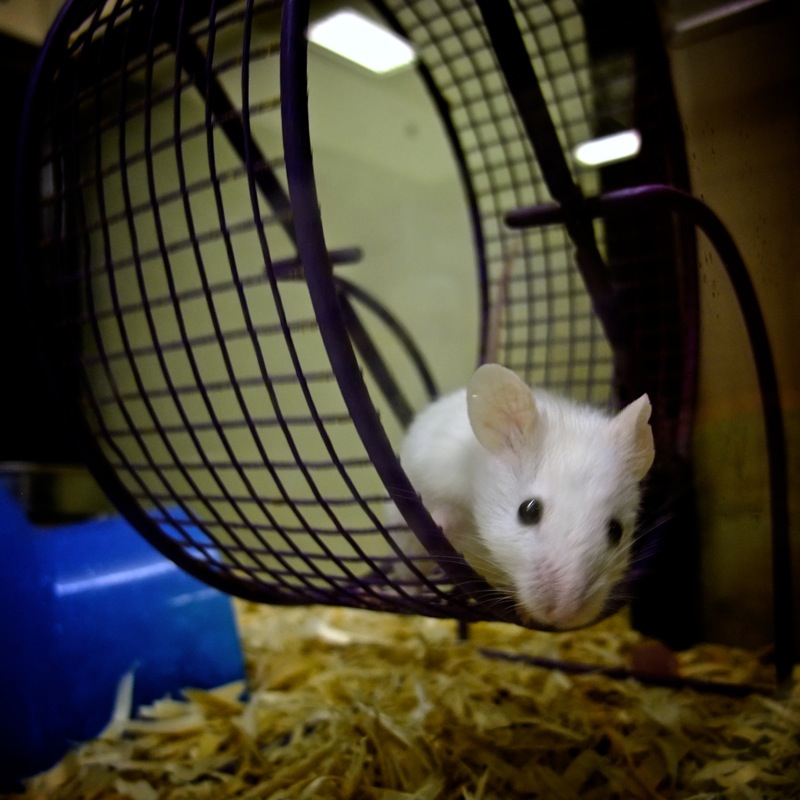
05/03/15 Scientists have found a hormone that mimics the effects of exercise
Scientists have found a hormone that mimics the effects of exercise – just one injection is needed to curb weight gain and diabetes in mice. The hormone boosts metabolism, just like exercise. MOTS-c targets muscle tissue and seems to be able to restore insulin sensitivity. This hormone is special because it’s encoded in the DNA of the mitochondria – the energy-generating organelle of the cell - rather than the DNA in the nucleus. Clinical trials are planned to begin in the next 3 years.
http://www.sciencealert.com/scientists-have-found-a-hormone…
06/01/15 Fexaramine could trick the body into believing it has eaten
Studies in mice showed that Fexaramine could trick the body into believing it has eaten, resulting in a variety of biological signals that caused the body to burn body fat, reduce blood sugar and cholesterol levels and increase metabolism. It is believed to be a potential weight-loss drug.
http://www.theguardian.com/science/2015/jan/05/weight-loss-pill-diet-meal-fat-metabolism-fexaramine
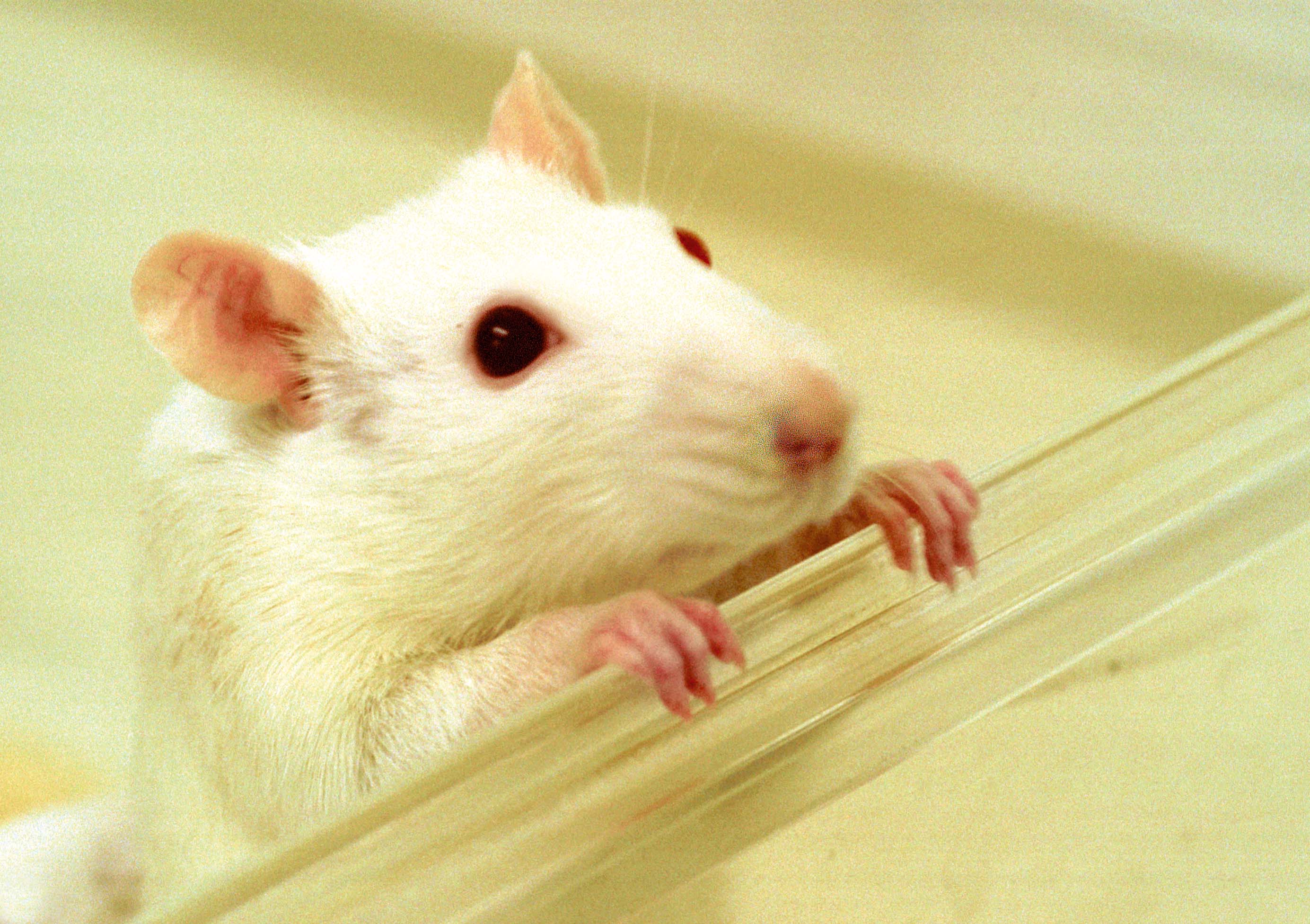
10/12/14 A anti-obesity drug reduces weight by a third
An anti-obesity drug that rivals the dramatic effects seen in weight-loss surgery has been tested in rats. The drug is the first to influence three obesity-related hormones in the gut at once, and caused the rodents body weight to drop by a third, on average, over three weeks.
http://news.sciencemag.org/biology/2014/12/three-one-drug-cuts-body-weight-third
Last edited: 6 September 2018 11:46
